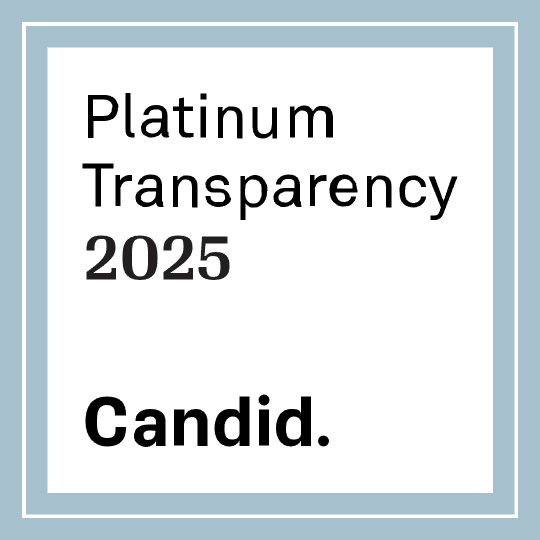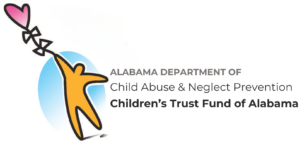In a recent poll, Philadelphia residents expressed their desire to stop using War-on-Drugs-era policies to treat the opioid crisis. Rather than criminalizing people who are struggling with addiction, most Philadelphia residents support providing more mental health services and more drug treatment and recovery services.[1]
Philadelphia residents aren’t the only people who share this sentiment. As the drug overdose crisis continues to escalate, taking the lives of more than 100,000 Americans each year, more and more people are starting to realize that current drug policies aren’t solving the problems affecting Americans struggling with addiction and their families.
Most of the current drug policies today have their origins in Nixon-era legislation that promoted a strong, no-nonsense stance on drugs and alcohol.
Understanding the War on Drugs
In June of 1971, former President Richard Nixon formally declared a “War on Drugs.” The term “War on Drugs” was coined by Nixon and is used to describe the government’s efforts to control and reduce drug abuse and drug-related crime both within the U.S. and beyond.
The government’s efforts to control drug use and trade were primarily focused on law enforcement, and they involved strict drug laws and harsh penalties for drug offenses. The government believed that the threat of punishment would deter people from using drugs, and the use of incarceration would remove drug users from society.
Nixon’s War on Drugs efforts created the Controlled Substances Act which classifies substances based on their perceived risk, funded several drug-control agencies including the Drug Enforcement Administration (DEA), and established strict laws, such as mandatory minimum prison sentencing, for drug-related crimes.
The War on Drugs has been controversial from the get-go. According to The History Channel, people who were close to President Nixon, including his domestic policy chief John Ehrlichman, claim that the campaign had ulterior motives that helped the former president keep his job. Two of these ulterior motives involve targeting “hippies” who used marijuana and other drugs as well as Black Americans.[2]
How the War on Drugs Targets Minority Communities Rather than Helping Them
Since the War on Drugs was declared, year after year, Black Americans and other minority communities have been consistently targeted by policing efforts at a higher rate than White Americans. Not only that, but Black Americans are more likely to face longer, stricter prison sentences than White Americans, so they become even more susceptible to the negative outcomes of incarceration. For example, incarceration leads to isolation which can increase the risk of drug use, addiction, and relapse as well as early death from a variety of causes.
According to an article published in NPR, the Black incarceration rate in America increased from 600 per 100,000 people in 1970 to 1,808 per 100,000 people in 2000–primarily due to strict penalties for crack cocaine and other drugs. Among White Americans who were incarcerated, the rate grew from 103 to 242 per 100,000 people in the same time span.[3]
Punishing Drug-Related Crimes Can Make Things Worse
The prisons and jails in the U.S. are not always rehabilitative. Not only does the U.S. lock up more people per capita than any other nation, but the country has a shocking recidivism rate. According to Harvard Political Review, two out of every three former prisoners are rearrested within three years of their release, and more than 50% are incarcerated again.[4]
Nearly half of all prisoners currently have or have had a substance use disorder, and research has shown time and time again that imprisonment does not reduce rates of drug use. In fact, statistics suggest the opposite. The National Institute on Drug Abuse (NIDA) explains that punishment does not solve substance abuse problems, and it actually leads to a higher risk of drug overdose upon release.[5]
It’s also important to note that despite the highly structured and controlled environments found in jails and prisons, drugs still find their way in, and factors such as difficulty finding a job, forced abstinence, and the poor living situations found in many jails actually increase the risk of substance abuse–not mitigate it.[6]
More Ways the War on Drugs Has Failed
Aside from lengthy prison sentences, lack of adequate treatment resources, and racial profiling, there are more ways the War on Drugs efforts have failed. These include:
- Limited impact on drug availability: Despite the government’s efforts to reduce drug supply, illegal drugs are still widely available, and drug-related violence and crime continue to be major issues in many communities. For example, there is more illicit fentanyl in the drug supply than ever before.
- Ignoring the root causes of drug abuse: The War on Drugs has focused mainly on punishment and law enforcement, rather than addressing the underlying factors that contribute to drug addiction, such as poverty, trauma, and mental health issues. Addressing the root causes is where healing begins.
- Wasted resources: The War on Drugs has cost the US government over a trillion dollars in law enforcement and incarceration expenses, yet drug use is still climbing.[7] These resources could have been better utilized for education, prevention, and treatment programs that address drug addiction as a public health issue rather than a criminal justice issue.
Instead of imprisoning people struggling with addiction, providing them with a safe, supportive treatment setting can reduce drug use as well as drug-related criminal behaviors. Rather than punishing these individuals for their addiction–which is a disease–it’s time to start seeing addicts for what they really are: people who are struggling with something that is treatable and manageable with the right kind of support.
References:
- https://www.inquirer.com/news/philadelphia-poll-every-voice-every-vote-opioid-overdose-crisis-20230321.html
- https://www.history.com/topics/crime/the-war-on-drugs
- https://apnews.com/article/war-on-drugs
- https://harvardpolitics.com/recidivism-american-progress/
- https://nida.nih.gov/about-nida/noras-blog/2021/05/addiction-should-be-treated-not-penalized
- https://www.ncbi.nlm.nih.gov/pmc/articles/PMC2681083/
- https://www.cnbc.com/2021/06/17/the-us-has-spent-over-a-trillion-dollars-fighting-war-on-drugs.html









